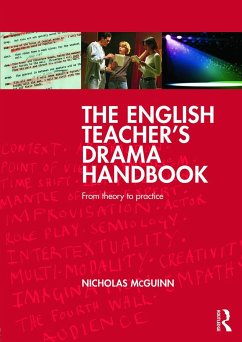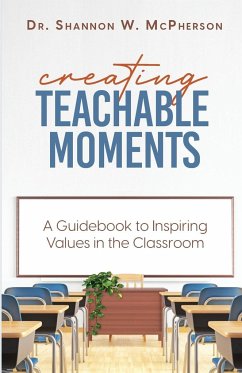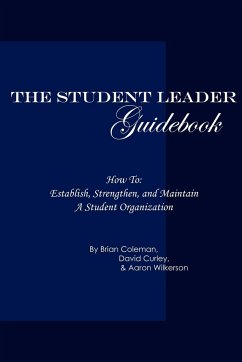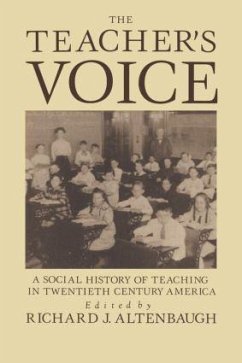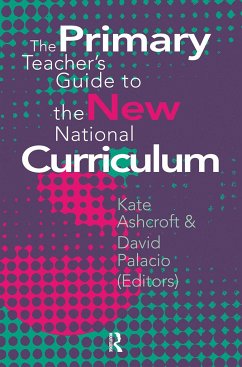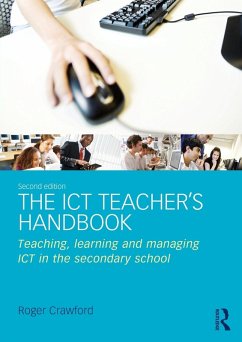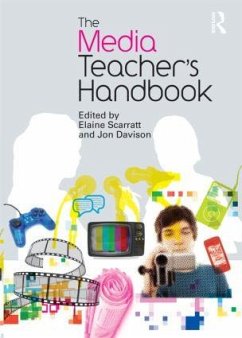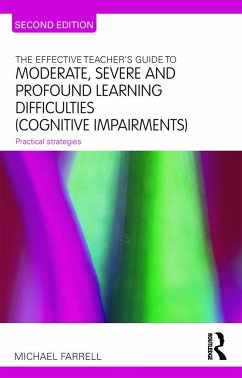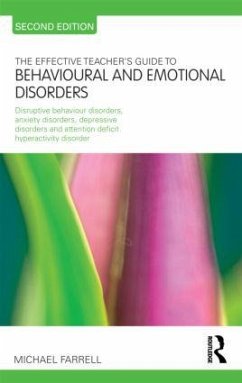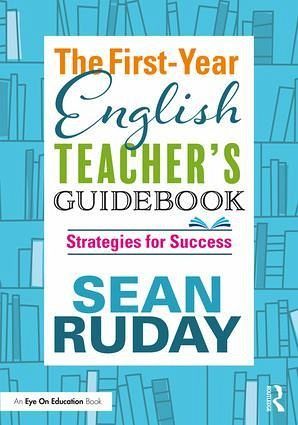
The First-Year English Teacher's Guidebook
Strategies for Success
Versandkostenfrei!
Versandfertig in 1-2 Wochen
34,99 €
inkl. MwSt.
Weitere Ausgaben:

PAYBACK Punkte
17 °P sammeln!
The First-Year English Teacher's Guidebook offers practical advice and recommendations to help new English teachers thrive in the classroom. Each chapter introduces a concept crucial to a successful first year of teaching English and discusses how to incorporate that concept into your daily classroom practice. You'll find out how to: Clearly communicate instructional goals with students, parents, and colleagues; Incorporate students' out-of-school interests into the curriculum; Use assignment-specific rubrics to respond to student writing in meaningful ways; Integrate technology into ELA instr...
The First-Year English Teacher's Guidebook offers practical advice and recommendations to help new English teachers thrive in the classroom. Each chapter introduces a concept crucial to a successful first year of teaching English and discusses how to incorporate that concept into your daily classroom practice. You'll find out how to: Clearly communicate instructional goals with students, parents, and colleagues; Incorporate students' out-of-school interests into the curriculum; Use assignment-specific rubrics to respond to student writing in meaningful ways; Integrate technology into ELA instruction; Conduct student-centered writing conferences; Make time for self-care and self-improvement; and much, much more. Additionally, the guidebook provides a number of forms, templates, graphic organizers, and writing prompts that will enable you to put the author's advice into immediate action. These tools are available for download on the book's product page: www.routledge.com/9781138495708.





